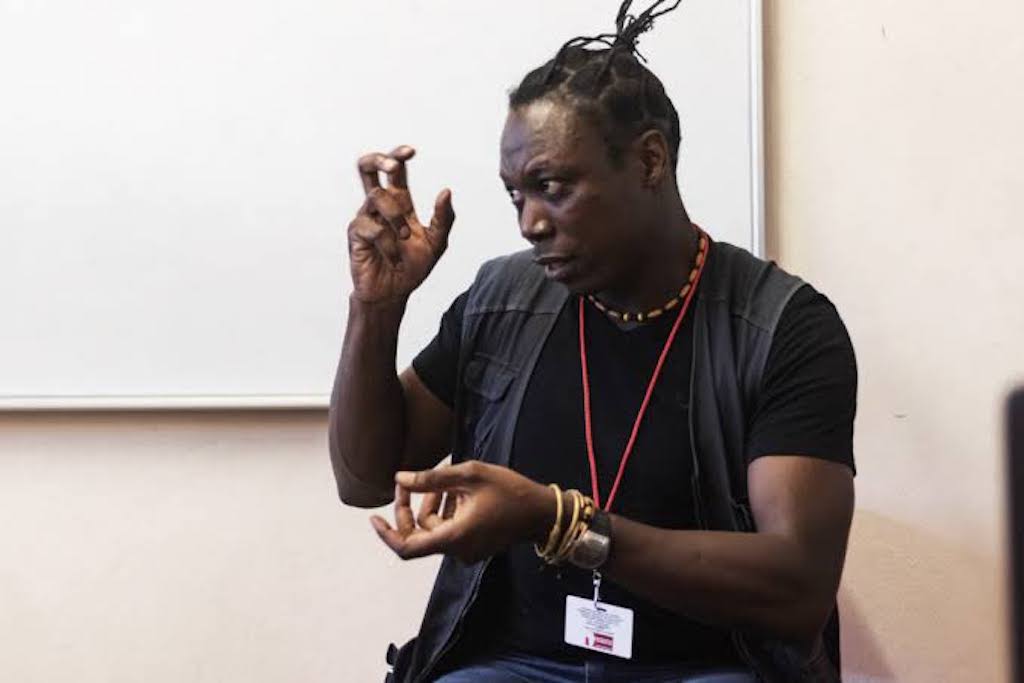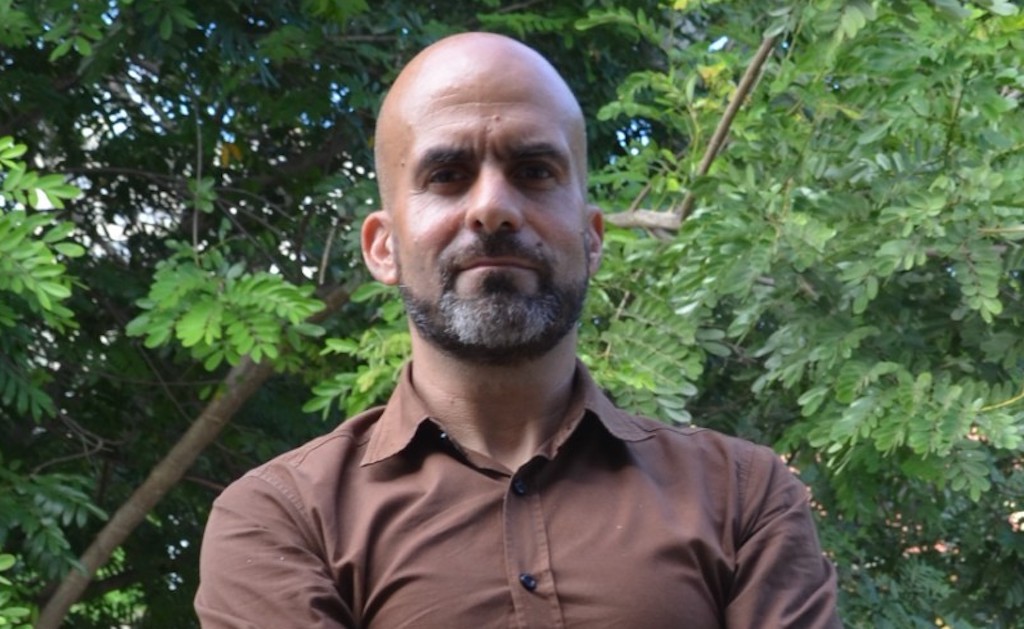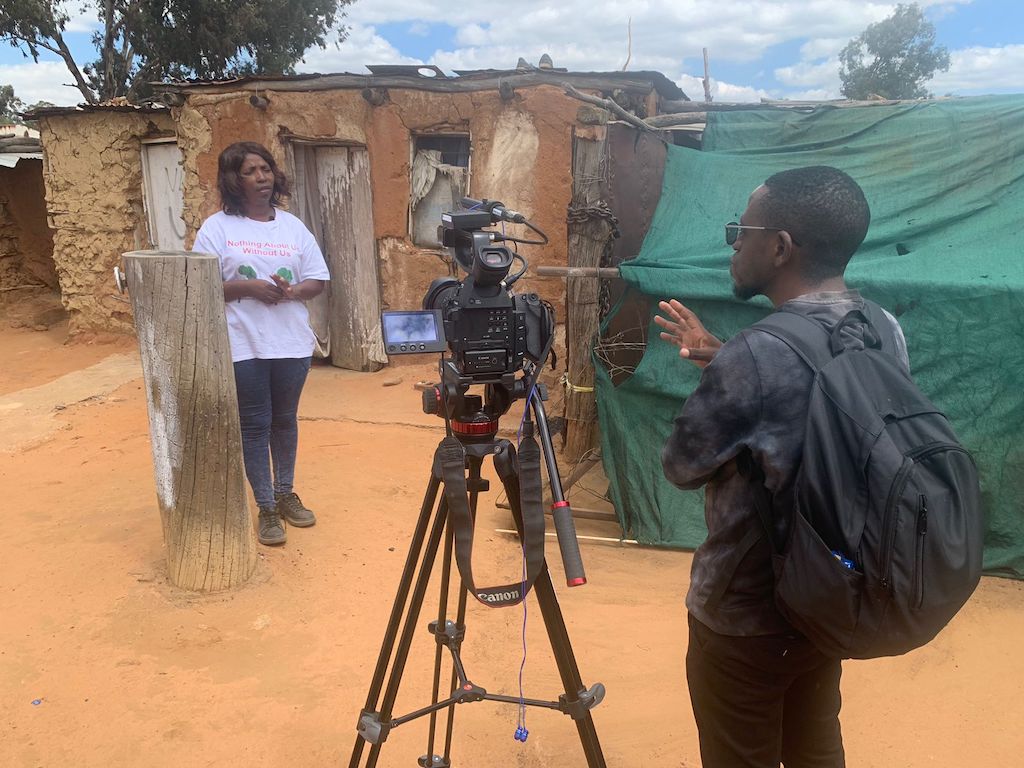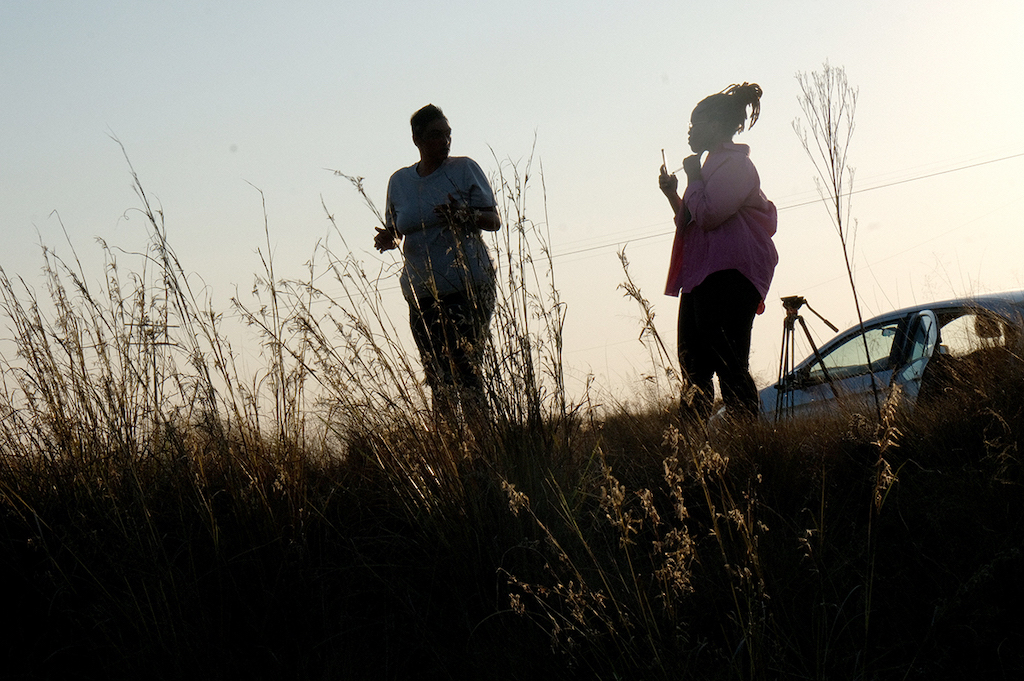
29 Jun #PowerTracker zooms in on Mozambique’s renewables
In continuing our partnership with CIJ’s Open Climate Reporting Initiative, we now have the opportunity to focus on tracking and mapping Mozambique’s renewable energy initiatives

Solar centred: Much like neighbouring South Africa, Mozambique is starting to harness solar power as a major source of electricity, on utility and residential scales. Photo: Ashraf Hendricks
Mozambique is currently developing its five-year Energy for All programme, which aims to ensure that 10-million more people have access to electricity by the end of 2024. A new journalism project headed by Oxpeckers Investigative Environmental Journalism is working with journalists in the Southern African country to interrogate how renewable energy projects fit into the programme, how they are funded and exactly how that money is being spent.
The project is part of the pioneering Oxpeckers climate crisis programme #PowerTracker, and sees the outfit partner for a second year with the Centre for Investigative Journalism’s Open Climate Reporting Initiative (OCRI). Besides Oxpeckers, the CIJ is collaborating with two other partners in the Brazil and Lusophone Africa regions – the Brazilian Association of Investigative Journalism and Open Knowledge Brasil – to coordinate and deliver a range of activities that include training of participants.
Oxpeckers is working with the Centro de Jornalismo Investigativo Mozambique and Moz24Horas to support journalists in the Lusophone country to investigate green energy initiatives. This will see us upskilling Mozambique-based investigative journalists to cover climate change and renewable energy in their work.

The Mozambique #PowerTracker programme is being facilitated by Estacio Valoi. Photo: Oxpeckers at AIJC
Training and professional support
We will host two in-depth virtual training sessions, publish a series of data-driven investigations and expand the Oxpeckers Community of Practice to include Mozambican journalists. We will also continue to liberate data on the details and financing of renewable energy initiatives across Southern Africa in our Get the Data section.
The programme is being facilitated by Estacio Valoi, a Mozambique-based Oxpeckers associate and winner of the 2023 Swedish Pen2Pen Freedom of Expression Award.
In the first of a two-part intensive training and professional programme, on July 20, we will host a closed training session with more than a dozen local journalists, during which they will be equipped with knowledge of green crimes and how to track the financial flows of renewable energy projects in Mozambique.

Mozambican environmental lawyer Carlos Serra is one of the local experts who will share insights at the first training session. Photo supplied
Local experts
Local experts, including environmental lawyer Carlos Serra and biologist Daniel Ribeiro, will train participants on how to investigate environmental crimes, understanding climate change and mitigation, as well as how much is being invested in renewable energy initiatives, and how to track this.
Carlos Manuel dos Santos Serra is a Mozambican lawyer, consultant, university lecturer and environmental activist, specialising in environmental law and with extensive experience on the topics of waste legislation, management and pollution, and local governance. He currently coordinates the Center for Environmental Law, Biodiversity and Quality of Life, and teaches in various undergraduate and master’s courses. Carlos is the author of several works, and collections of legislation and scientific articles in local and international publications.
Daniel Ribeiro is a Mozambican biologist, with a degree in biology and a master’s degree in ecology from the University of Cape Town, South Africa. He was a founding member of the Mozambican organisation Justiça Ambiental in 2004, and volunteered until 2007. For the past 16 years, he has served as the technical and research coordinator.
In the second training session, on August 3, we will focus on storytelling with data. In addition to training from Mozambican journalists Armando Nanhamtumbo and Omardine Zacarias Omar, this session will feature previous lessons from previous grantees of the #PowerTracker project.

Thabo Molelekwa, a graduate of the 2022 #PowerTracker training and professional support programme, interviews coal industry employee Nelly Sigudla about the transition to green energy sources in Mpumalanga. Photo: Ashraf Hendricks
The rise of #PowerTracker
The first iteration of the #PowerTracker training and professional support programme was a nine-month project, culminating in a series of data-driven investigations by Southern African journalists who investigated the financing and feasibility of renewable energy projects. Their investigations are featured by Oxpeckers here, and have been published by various other media outlets across the region.
At a public webinar held in late November 2022, these #PowerTracker grantees shared their findings, tips and useful tools, challenges they faced and the impact global discussions could have on Southern Africa’s shift to cleaner and greener energy sources. Their lessons are shared in a learning narrative, on the Oxpeckers Learning Kit.
As part of their investigative work, they collected and analysed information on close to 200 renewable energy projects in Botswana, Eswatini, Lesotho, South Africa and Zimbabwe. This dataset, launched during the webinar – and now available for download on the Oxpeckers Get the Data resource section – includes information on the capacities of the projects, countries where they are implemented, how much carbon emissions they are reducing, who is funding them, how much they cost and many other details.

Twilight zone: Oxpeckers associate and mentor Andiswa Matikinca (right) is investigating the privatisation of energy assets. Photo Dianah Chiyangwa
Just Energy Transition
In 2023 #PowerTracker has been working with the African Climate Foundation’s New Energy Campaigns Hub, Climate Home News and the Pulitzer Center to drill down into the details of South Africa’s Just Energy Transition in Mpumalanga province, the energy capital of the country.
Our journalists have been working on a granular level to source and publish data on renewable energy projects in the province, collate and analyse information on planned power plant decommissioning, investigate funding for both renewable projects and the decommissioning plans, as well as document the impacts of these plans on communities and the environment. We will continue to publish investigations tracking renewable energy power in Mpumalanga and Mozambique, as well as make detailed datasets publicly available, over the coming months.
Watch this space!
